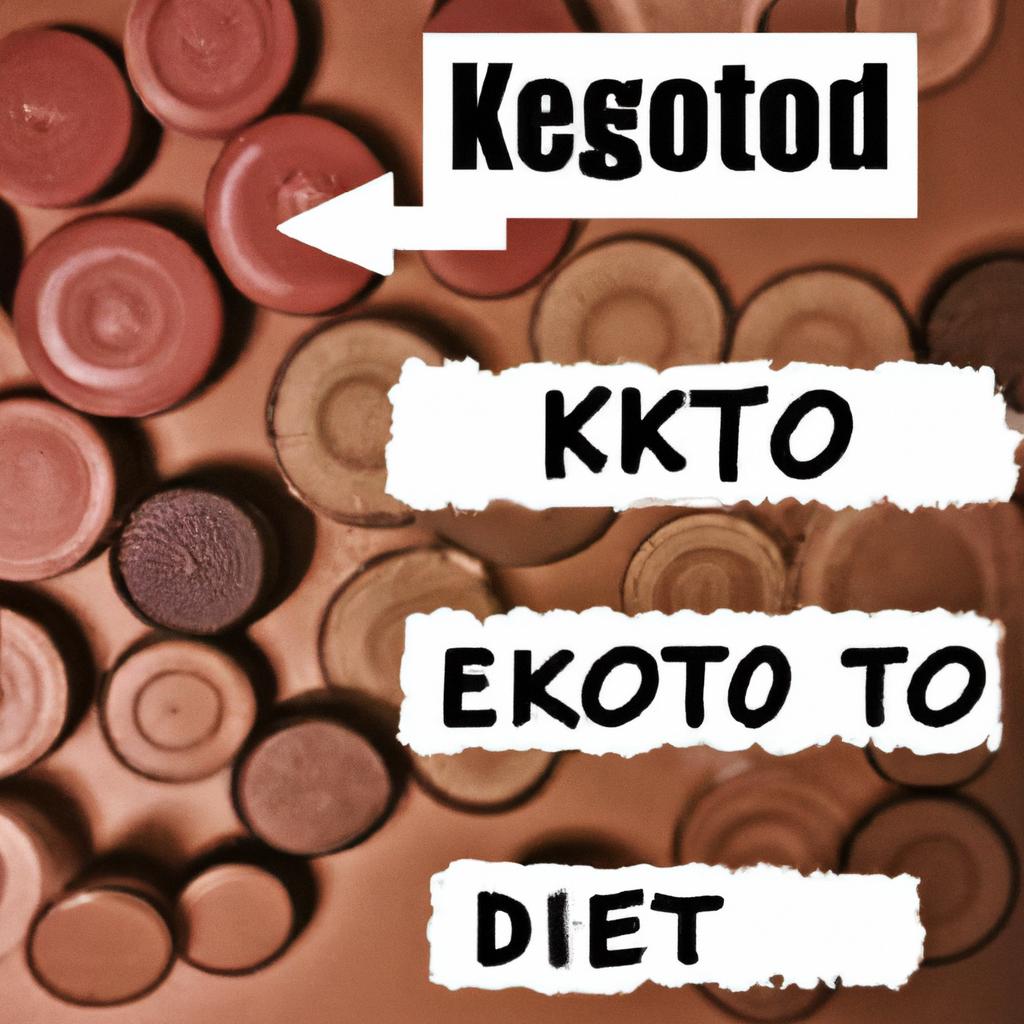**”The Role of Fat Oxidation in Strength Training for Athletes on a Ketogenic Diet: Strategies for Maximizing Energy and Performance”**
# The Role of Fat Oxidation in Strength Training for Athletes on a Ketogenic Diet: Strategies for Maximizing Energy and Performance
As the popularity of the ketogenic diet continues to rise, many athletes are exploring its potential benefits for improving strength and performance. One of the key concepts underpinning the ketogenic diet is fat oxidation, which refers to the body’s ability to burn fat for fuel. For athletes engaged in strength training, understanding how to optimize fat oxidation can lead to improved energy levels, enhanced performance, and better overall health. In this blog post, we will delve into the role of fat oxidation in strength training, provide nutrition and exercise tips, and discuss the health benefits associated with this dietary approach.
## Understanding Fat Oxidation
### What is Fat Oxidation?
Fat oxidation is the metabolic process by which the body breaks down fatty acids to produce energy. In a state of ketosis, where carbohydrates are restricted, the body becomes adept at utilizing fat as its primary fuel source. This shift can be particularly beneficial for athletes who are looking to enhance endurance and improve recovery times.
### The Importance of Ketosis for Athletes
When athletes follow a ketogenic diet, they enter a metabolic state known as ketosis, where the liver converts fats into ketones. These ketones serve as an efficient energy source for the brain and muscles. For strength athletes, this can translate to sustained energy levels during high-intensity workouts, enabling longer training sessions and improved performance.
## Nutrition Tips
### Focus on Quality Fats
To maximize fat oxidation, athletes should prioritize high-quality fats in their diet. Foods such as avocados, nuts, seeds, olive oil, and fatty fish are excellent choices. These healthy fats not only provide essential nutrients but also support overall health and energy levels.
### Maintain Adequate Protein Intake
While a ketogenic diet is low in carbohydrates, it is crucial for strength athletes to maintain adequate protein intake to support muscle repair and growth. Aim for moderate protein consumption from sources like grass-fed beef, poultry, eggs, and plant-based proteins. This balance ensures that you are fueling your body for recovery without disrupting ketosis.
### Hydration and Electrolyte Balance
Staying hydrated is essential, especially on a ketogenic diet, as it can lead to an increased loss of water and electrolytes. Consuming adequate fluids and incorporating electrolytes (sodium, potassium, magnesium) can help prevent dehydration and support optimal performance.
## Exercise Advice
### Incorporate High-Intensity Resistance Training
For athletes on a ketogenic diet, incorporating high-intensity resistance training is vital for maximizing fat oxidation. This type of training stimulates muscle growth and increases metabolic rate, allowing the body to become more efficient at burning fat. Aim for compound movements such as squats, deadlifts, and bench presses, which engage multiple muscle groups.
### Focus on Progressive Overload
To enhance strength and performance, athletes should focus on progressive overload, gradually increasing the weights lifted or the intensity of workouts over time. This strategy not only promotes muscle growth but also encourages the body to adapt to burning fat more effectively during exercise.
### Allow for Adequate Recovery
Recovery is just as crucial as the workouts themselves. Athletes should ensure they are giving their muscles sufficient time to recover between sessions. This includes getting adequate sleep, utilizing active recovery techniques, and incorporating rest days into their training regimen.
## Health Benefits
### Improved Body Composition
One of the notable health benefits of a ketogenic diet combined with fat oxidation is improved body composition. By utilizing fat as a primary fuel source, athletes can reduce body fat while preserving lean muscle mass, leading to a more toned physique.
### Enhanced Mental Clarity
Many athletes report increased mental clarity and focus when in a state of ketosis. This can be particularly beneficial during training sessions where mental acuity is essential for performance. The stable energy levels provided by fat oxidation can contribute to improved concentration and motivation.
### Reduced Inflammation
A ketogenic diet has been associated with reduced inflammation, which can aid in recovery and overall performance. Lower levels of inflammation can lead to less soreness and faster recovery times, allowing athletes to train harder and more frequently.
## Conclusion
In conclusion, fat oxidation plays a critical role in strength training for athletes on a ketogenic diet, offering numerous benefits such as enhanced energy levels, improved body composition, and reduced inflammation. By focusing on high-quality fats, adequate protein intake, and incorporating strategic exercise methods, athletes can maximize their performance and overall health. Adopting these strategies will help you tap into the power of fat oxidation, ensuring that you not only reach your fitness goals but also enjoy the journey along the way.















Post Comment